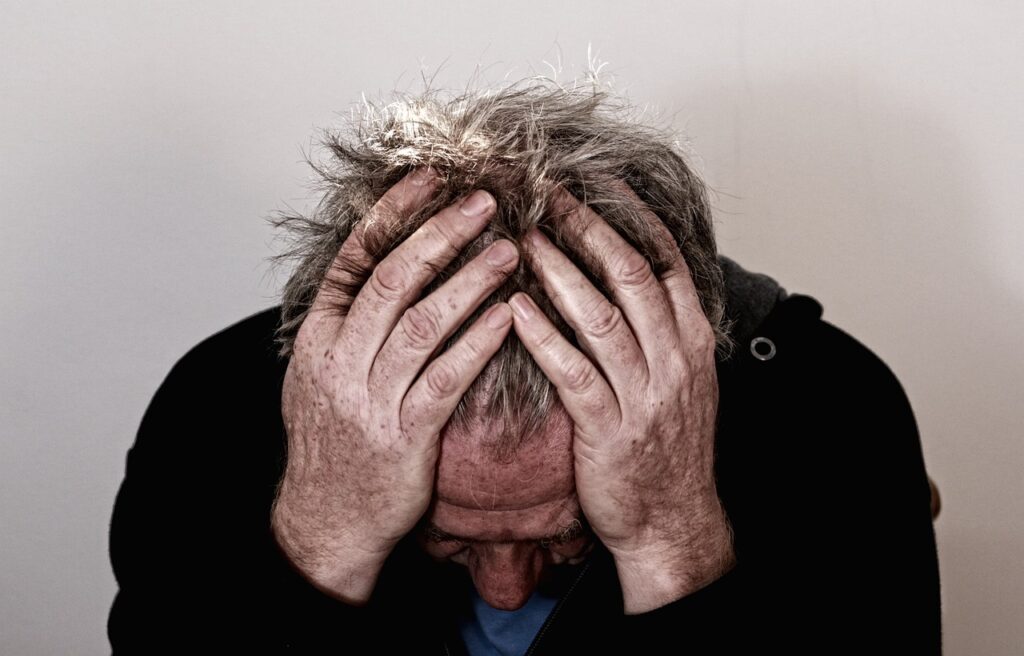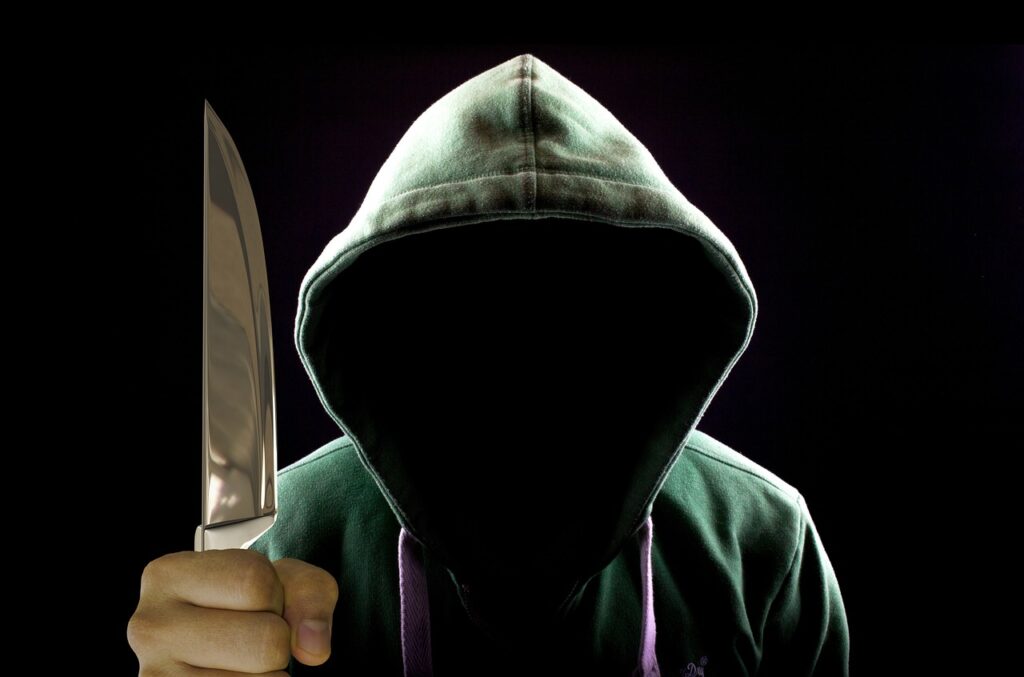What we should be talking about
Several definitions can describe the word schizophrenia; many people see this illness with a long shadow and those affected. The news in itself brings on many different emotions.

The recent murders in Nottingham of three unsuspecting and innocent victims by Valdo Calocane, ” A 31-year-old with a history of severe Schizophrenia.” has winder the debate on how people with schizophrenia should policed and acted on by the mental health system. The fact is that Valdo Calocane’s actions could be described as the reality of schizophrenia. A violent and unpredictable person with little control, however, the face of schizophrenia can also be seen as a disturbing and frightening illness leading to extreme paranoia, delusion and hallucinations, a world of fear with many feeling isolated and detaches from reality and the outside world. Yet both Valdo Calocane and the other suffers are the face of schizophrenia.
The fact remains that people with the illness are just people, but then not every person, I am not trying to condone these murders or to justify them either. I am just trying to point out the fine line between what defines schizophrenia, and I know from experience the reality of this illness and when schizophrenia is left untreated and does lead to out-of-character behaviour, much of which can include aggressive and unpredictable actions

I did things that I know may have been considered violent and aggressive. I was sectioned under The Mental Health Act (1983) on several occasions. Yet, today, I am a compassionate and tranquil person, but many years of therapy and medication changed my perception of the world. The real question we should be asking ourselves is how we define mental illness and, in particular, schizophrenia and how the we also decide between someone acting out of character and someone who is acting out as pure evil.
In many schizophrenia minds, the thought process becomes blurred and difficult to rationalise or interpret in a lucid way while becoming something they are not. The very essence of the argument is that someone with schizophrenia acts out what is going on in their mind, and the voices and delusions often dictate what they do. My own experience is of total confusion; my thoughts often decide what I would do and how I would react, many of them being to harm others, yet the word diminished responsibility could be an answer to why I acted that way. But the final argument is I am now a relaxed person yet still a sufferer of schizophrenia, so there are, in reality, two faces of schizophrenia. An evil person is what he is, while the media often can’t distinguish between the two, so the violent and unpredictable person is, in many cases, unable to control his or her thoughts and is simply in need of help and treatment.
Disclaimer here
The majority of mental illnesses are often non-violent and less likely to be of harm to others. This is one of the biggest myths of mental illness. In my own experience of mental illness, I was never considered violent but simply unpredictable in my actions; only doing that was out of character. This post expresses merely the difference between being mentally ill and being a danger to others. I feel everyone should understand the difference in schizophrenia if untreated.
I am just justifying my existence as a lifelong sufferer of schizophrenia and how the stigma has often taken a significant place in my life on many occasions and dictated what people seemed to believed I was and my many hospital admission where I was sectioned under the mental health act (1983)
Written by Adriano Harwood
